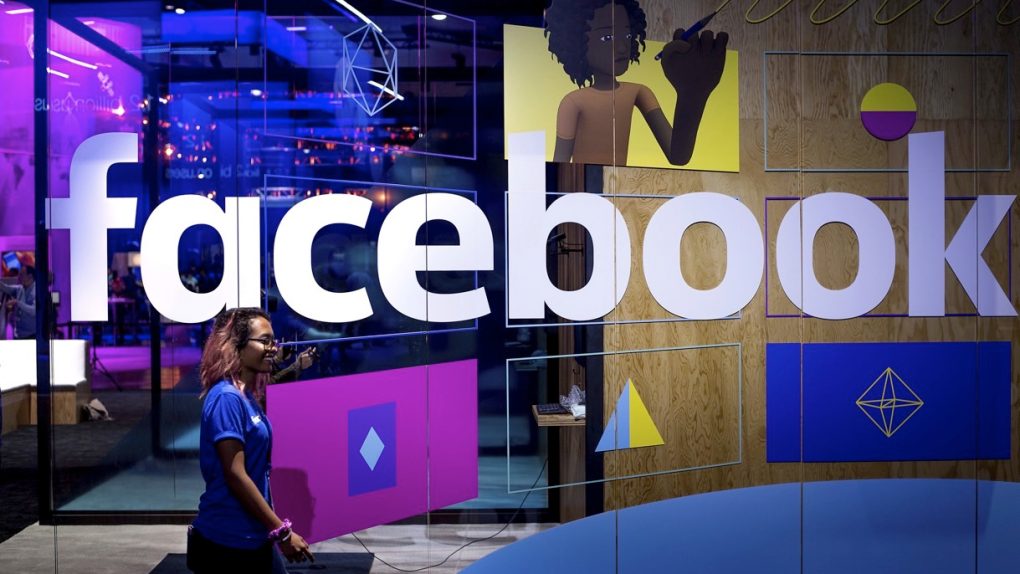For the most part, it seems that Facebook managed to weather the storm following the Cambridge Analytica scandal. For starters, Mark Zuckerberg did a decent enough job during his appearance before Congress last month. Second, the company has appeased some critics by vowing to step up its efforts to not only improve privacy controls but to do a better job of deleting fake accounts while also curbing hate speech and trolling from malicious actors.
Having said that, the social networking giant isn’t completely out of the woods just yet. Tomorrow, Zuckerberg is slated to testify before the European Parliament about data privacy issues where he will likely face more intense scrutiny than he did during his appearance on Capitol Hill.
Case in point: European Parliament President Antonio Tajani tweeted out the following a few weeks ago: “Allegations of misuse of Facebook user data is an unacceptable violation of our citizens’ privacy rights. The European Parliament will investigate fully, calling digital platforms to account.”
Zuckerberg’s testimony aside, there’s now a movement seeking to break up Facebook into four distinct entities. Specifically, a number of left-leaning political groups wants the FTC to break Facebook up and have Instagram, WhatsApp, and Messenger operate as fully independent companies.
The overarching campaign is called Freedom from Facebook and is backed by the following organizations: Demand Progress, Citizens Against Monopoly, Content Creators Coalition, Jewish Voice for Peace, MoveOn, Mpower Change, Open Markets Institute, and SumOfUs.
The group organizers write:
Facebook unilaterally decides the news that billions of people around the world see every day. It buys up or bankrupts potential competitors to protect its monopoly, killing innovation and choice. It tracks us almost everywhere we go on the web and, through our smartphones, even where we go in the real world. It uses this intimate data hoard to figure out how to addict us and our children to its services. And then Facebook serves up everything about us to its true customers — virtually anyone willing to pay for the ability to convince us to buy, do, or believe something.
I can’t imagine the push to break up Facebook actually going anywhere, but the passion of the anti-Facebook crowd is certainly something to behold. Still, everyday users don’t seem to care too much about any of the scandals that have impacted the company in recent months. As we pointed out a few weeks ago, Facebook users haven’t deleted their accounts en masse in the wake of the Cambridge Analytica scandal, with most users indicating that they haven’t even curbed their Facebook usage.








